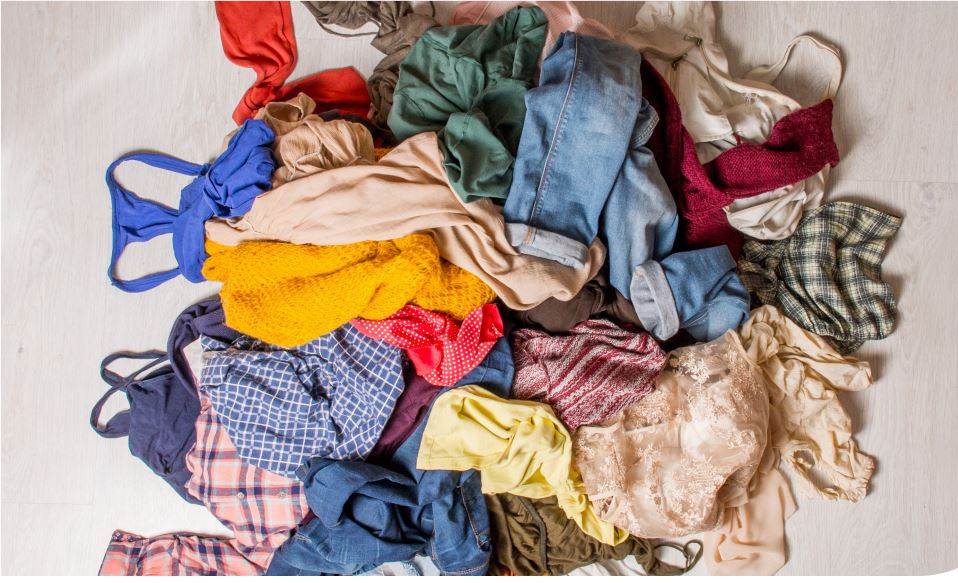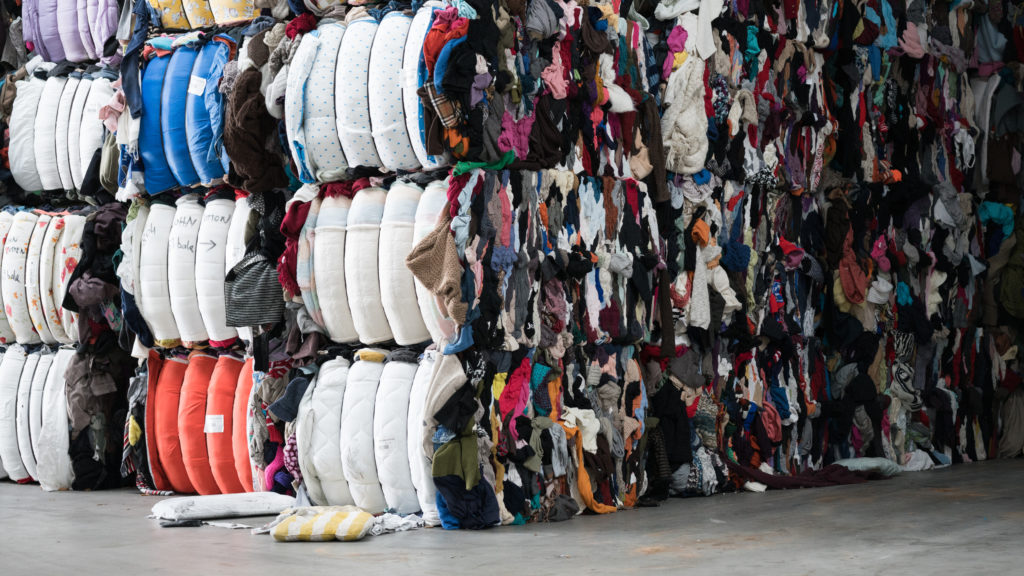The industry has been hit by a number of difficulties in the past year including minimum wage increases, health and safety regulations, strong competition for unsorted goods from Eastern Europe and import problems with East and West Africa.
Speaking at the annual general meeting yesterday, the TRA president Elliot Cohen said that the situation is not being helped by government red tape. He said: “Our industry, like many manufacturing industries in the UK is being bled dry by bureaucracy and well meaning government policies.”
Mr Cohen, who is also chairman of Manchester-based I&G; Cohen, continued: “Health and safety regulations, continuing upward pressure on insurance premiums and wage increases have all added to poor trading conditions, making virtually impossible for honest, hardworking companies to sustain a meaningful profit margin, totally preventing any inward investment in our industry.”
Brokers
The association is now working with market development agency London Remade to offer its members broker services for trading textiles. The association is looking to develop links with other Remade projects as they launch similar broker schemes.
And, an association broker service is also in the pipeline which should encourage more trading between members, explained Alan Wheeler, the TRA's national liaison manager. He said: “The TRA is looking to promote business opportunities by acting as a broker. If any member would like to sell merchandise to other members, they can contact the TRA who will then provide details of the product available to the other members.”
With difficult trading conditions in the recycled textile market, some companies have turned to the internet to sell specialised clothing. Using auction sites such as eBay, firms are able to sell higher quality vintage clothes, such as fur coats, at a premium price.
WRAP
And the association has now called on WRAP, the Waste and Resources Action Programme, to include textiles in the core material sectors it targets for market development.
Mr Cohen said: “This industry is unlikely to recover until the government and its agencies start to understand that our industry is very good at what we do. We run very professional companies but we need the help of agencies such as WRAP to recognise this and to enable us to continue being very good at what we do.”
At the moment, WRAP focuses its market development and funding on six recyclable materials; paper, glass, plastics, organics, aggregates and wood.
Speaking to letsrecycle.com, WRAP's director of policy and communications Ray Georgeson said that these core materials were decided through consultation as having challenging markets but also a potential to increase recycling significantly. He indicated that WRAP will not add textiles to the core materials but it will be part of ROTATE, WRAP's kerbside collection project.
Mr Georgeson said: “Although WRAP does not have a specific textile programme, WRAP is promoting textiles collection best practice to through its ROTATE programme, a free consultancy service for local authorities, which will be rolled out in April.”
It is intended that the Recycling & Organics Technical Advisory Team (ROTATE) will be a kerbside task force, working with local authorities to maximise the potential of kerbside collections.











Subscribe for free